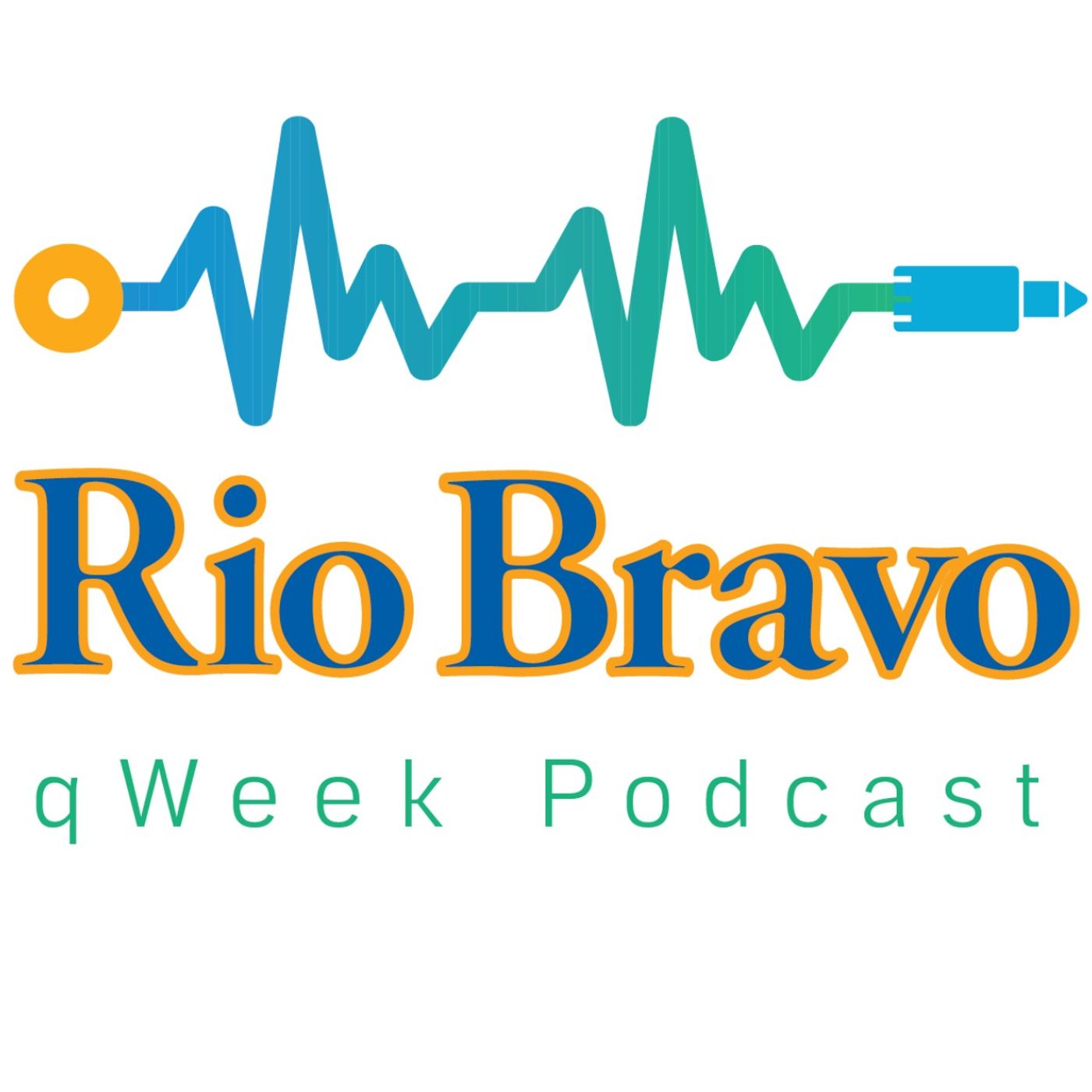- After-Shows
- Alternative
- Animals
- Animation
- Arts
- Astronomy
- Automotive
- Aviation
- Baseball
- Basketball
- Beauty
- Books
- Buddhism
- Business
- Careers
- Chemistry
- Christianity
- Climate
- Comedy
- Commentary
- Courses
- Crafts
- Cricket
- Cryptocurrency
- Culture
- Daily
- Design
- Documentary
- Drama
- Earth
- Education
- Entertainment
- Entrepreneurship
- Family
- Fantasy
- Fashion
- Fiction
- Film
- Fitness
- Food
- Football
- Games
- Garden
- Golf
- Government
- Health
- Hinduism
- History
- Hobbies
- Hockey
- Home
- How-To
- Improv
- Interviews
- Investing
- Islam
- Journals
- Judaism
- Kids
- Language
- Learning
- Leisure
- Life
- Management
- Manga
- Marketing
- Mathematics
- Medicine
- Mental
- Music
- Natural
- Nature
- News
- Non-Profit
- Nutrition
- Parenting
- Performing
- Personal
- Pets
- Philosophy
- Physics
- Places
- Politics
- Relationships
- Religion
- Reviews
- Role-Playing
- Rugby
- Running
- Science
- Self-Improvement
- Sexuality
- Soccer
- Social
- Society
- Spirituality
- Sports
- Stand-Up
- Stories
- Swimming
- TV
- Tabletop
- Technology
- Tennis
- Travel
- True Crime
- Episode-Games
- Visual
- Volleyball
- Weather
- Wilderness
- Wrestling
- Other
Episode 145: Family Planning for the LGBTQIA+
Episode 145: Family Planning for the LGBTQIA+Future Dr. Hoque explains how to assist with family planning for the LGBTQIA+ community. Some principles such as avoiding unintended pregnancies and reducing and early treatment of STIs are discussed. Written by Ashfi Hoque, MBA, MS4, Ross University School of Medicine. You are listening to Rio Bravo qWeek Podcast, your weekly dose of knowledge brought to you by the Rio Bravo Family Medicine Residency Program from Bakersfield, California, a UCLA-affiliated program sponsored by Clinica Sierra Vista, Let Us Be Your Healthcare Home. This podcast was created for educational purposes only. Visit your primary care provider for additional medical advice.Arreaza: Welcome to episode 145 of the Rio Bravo qWeek podcast. My name is Hector Arreaza, a faculty member of the Rio Bravo Family Medicine Residency Program.Ashfi: Hello everyone, I am Ashfi Hoque a 4th-year medical student at Ross University School of Medicine. I am from Long Beach, California. Patient advocacy and patient-centered care have always been a priority of mine. I’ve volunteered for years at the LGBT+ center in Weho and Long Beach. Today we will be discussing Family Planning for everyone while learning ways to become LGBTQIA+ inclusive. Arreaza: Yes, family planning is important, and I’m glad you included all types of families. I believe medical care must be offered to everyone, and I also believe in freedom of conscience, that’s why I can freely express that I support traditional family for me. Why did you choose this topic?Ashfi: I chose this topic because my partner recently went to get her physical. Her provider had an extensive conversation about family planning and even discussed the anticipated cost of freezing her oocytes. I really loved the way this provider went about the conversation so I started researching ways I can support my community and also teach others to provide Queer inclusive medical care. What is LGBTQIA+?LGBTQIA+ stands for Lesbian, Gay, Bisexual, Trans, Queer, Intersex, Asexual, etc. The community will be referenced as the Queer community, an umbrella term for people who are not heterosexual or not cisgender. There are many inequalities that the community faces and we can do our due diligence to educate ourselves continuously and be aware that terminology and health needs may change. We have another Rio Bravo episode, Caring for LGBTQ+ Patients on Episode 103, that discusses healthcare disparities, but during this episode, we will be diving into an introduction to bridging health gaps, creating health equity, and building trust with the community. A 2023 Global Survey found that the self-identified Queer community represents 9% of the population, while the true estimate may be higher due to safety concerns. While diabetics are 10-13% of the population. These statistics show that as a medical provider, you'll encounter Queer patients more often than you think. One of the healthcare issues that Queer folks face is a lack of family planning.What is Family Planning?The World Health Organization (WHO) defines family planning as “the ability of individuals and couples to anticipate and attain their desired number of children and the spacing and timing of their births. It is achieved through the use of contraceptive methods and the treatment of involuntary infertility.”Family planning serves three critical needs: Avoiding unintended pregnanciesReducing sexually transmitted diseases (STDs)Early treatment of STDs to reduce rates of infertilityWhen discussing family planning for patients, here are some examples of questions you can ask. What name may I use to address you?What are your pronouns?What is your gender? (Only if necessary for care, what is your assigned sex

